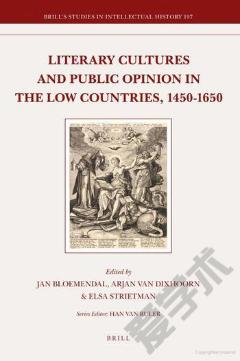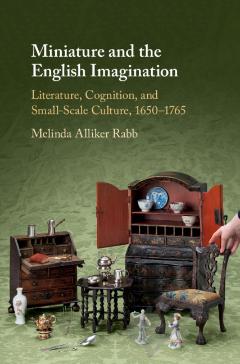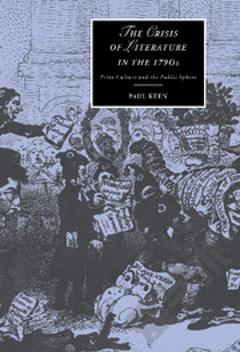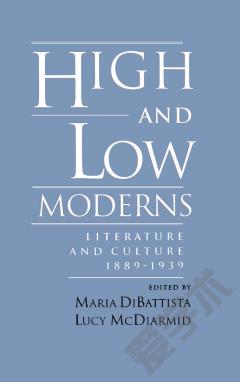Literary Cultures And Public Opinion In The Low Countries, 1450-1650
In the early modern Low Countries, literary culture functioned on several levels simultaneously: it provided learning, pleasure, and entertainment while also shaping public debate. From a ditty in Dutch sung in the streets to a funeral poem in Latin composed to be read for or by intimate friends, from a play performed for a prince to a comedy written for pupils – literary texts and performances often dealt with highly controversial topics of religion or politics, on a local or national, but also on a supranational scale. This volume sets out to analyse the role and function of literary culture in the formation of early modern public opinion, and proposes ways in which a modern scholar might approach early modern works of literature and other traces of literary culture to explore early modern public opinion making.
{{comment.content}}








 京公网安备 11010802027623号
京公网安备 11010802027623号